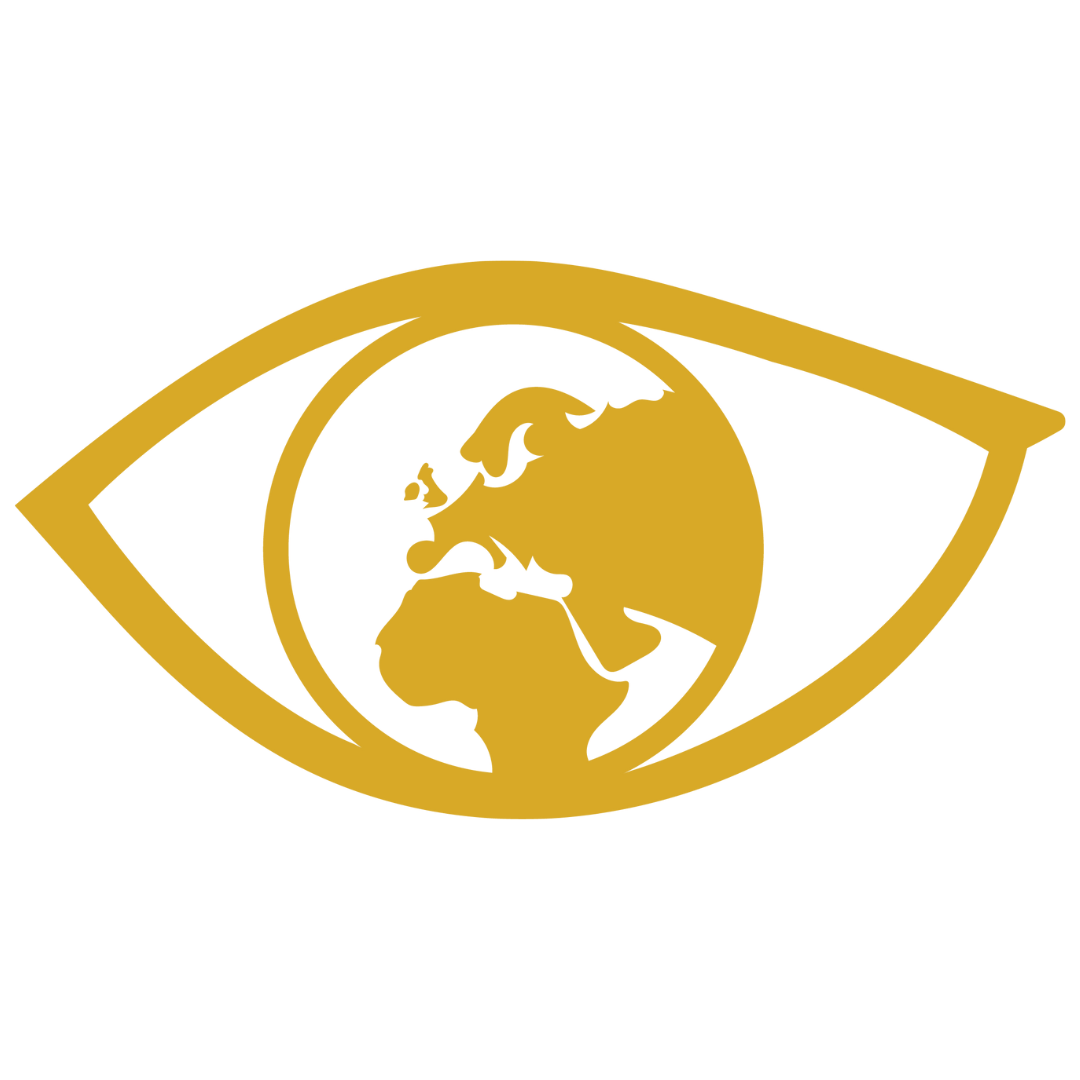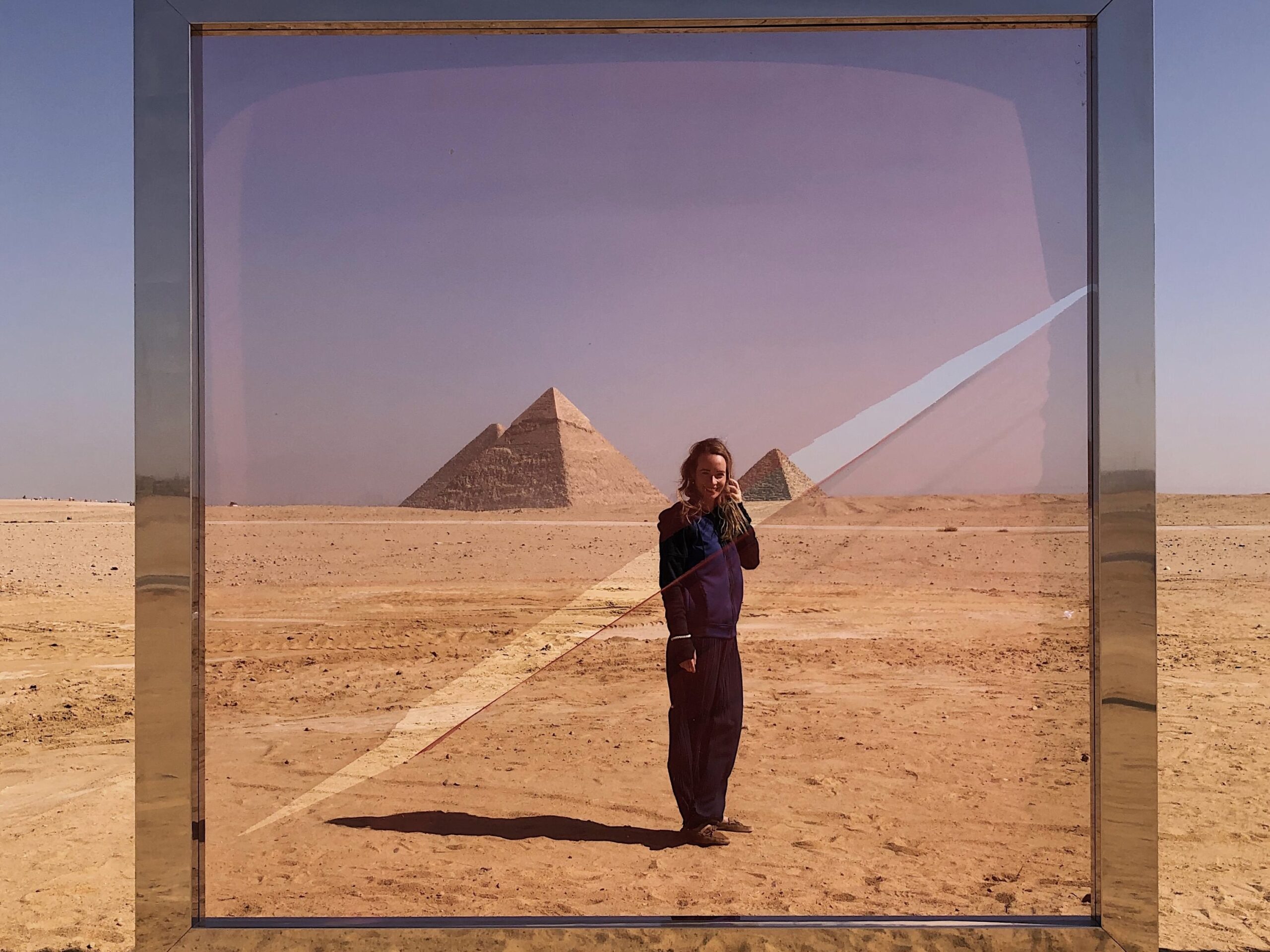So how’s life in Egypt? I’m being asked. It is a very hard question to answer in a couple of sentences, for it differs in every possible aspect. It is a land of contrasts, where you may experience all four seasons in one day. It is a rollercoaster, but one which comes with very useful insights, 9 of which I will go through here.
- Asking for help, and accepting it
The very first day I spent in Cairo, I was supposed to meet a friend at a restaurant downtown. Naturally I searched for the location on Google Maps and walked my way to the place. However, as I experienced many times after, Google Maps seems to have a hard time keeping up with the rapid pace of change in Cairo: shops open and close, are temporarily unavailable because of renovations, or change name. I therefore could not find the place and became quite frustrated.
The independence I had acquired from – contradictorily – depending on technology to move freely suddenly disappeared. I had to fight my introvert mind, my pride also, and resort to something I hadn’t done for years: asking humans for directions, and by extent, for help. - Accepting my differences, and leveraging them
My skin, my eyes, my hair. The way I dress, I speak, I style my hair. The lipstick I wear. The options I have.
Everything makes me stand out in more ways than I could possibly imagine. And with it, come ways people deal with me based on common misconceptions: that I am either a tourist or an expat, that I have many dollars to spend, that I don’t speak Arabic. That I want to consume Egypt instead of understanding it. My idealistic mind has had to mourn the loss of ever fitting in.
I’ve also realised that these physical differences give me an -unforeseen and unwanted at first- edge. My Europeanness look is highly sought after for ads, as it sells well. I call it the aftermath of colonialism, they call it عقدة الخواجة””: a tendency for people of the Arab region to value/love everything Western, and look down on/reject everything Arab. My nationality also grants me a level of safety and protection in public spaces from the police that I have rarely experienced, anywhere in the world. - There are bridges that cannot be crossed
Egyptian society is highly stratified. There is an abyssal chasm between social classes: they do not live in the same neighbourhoods, they do not hang out in the same cafés, do not send their children to the same schools, do not commute, shop, or even speak the same way.
This can be seen in Europe to a certain extent, but our public services -education, health, minimum wage, unemployment & retirement benefits- blur the line between social classes, at least partially, giving hope -or the illusion- that there is a way to climb the social ladder.
Most Egyptians who can afford it send their children to private schools, which more often than not offer an entire curriculum in French, English or German – not Arabic. Families in higher social classes will speak English instead of Arabic, at home and in public, even though it is an acquired language.
Education defines one’s opportunities for growth, employment, and marriage. And the lack of universality of it favours social reproduction, unfortunately perpetuating inequalities. - Getting angry and raising my voice in public
My European upbringing and the fact that I am a woman both taught me that getting angry or raising my voice to get my way will make lose credibility and not solve any of my problems. I therefore would act with composure and calmness when facing problems or even injustice in Cairo. Which I soon found out was counterproductive: people were not taking me seriously. It seemed that if I remained calm, it meant that I was not really upset or that my rights were not really infringed, or my boundaries crossed.
Until one hot day, while buying tickets in Abu Simbel and facing a rude attitude, I could not hold my anger anymore. I did not try to keep calm and got angry, raised my voice, and to my utter surprise, got what I asked for. - Speaking Arabic sometimes does more harm than good
One great motivation to learn foreign languages for me has always been to be able to understand people better, to live the way they did, to truly connect. Which most of the time allows me to.
In some cases, however, it happened that speaking Arabic was doing me a disservice. Sometimes people would ask me many personal questions, and I did not know what to reply. Sometimes they would not take me seriously, notably in case of conflict. It seemed that, in my position, English is the language of authority, is more respected, and just achieves more than Arabic.
I then learned to pretend I don’t speak Arabic in some cases, to avoid nosy questions from taxi drivers, and switched to English to actually be heard and fix problems. - Not all questions have to be answered precisely
Asking questions here has more to do with politeness than actual interest in the answer. They can get very personal, especially if you come from abroad.
Strangers have asked me about my family status more times than I can remember. It is not something I generally share, so I did not know what to say, which was very embarrassing. I then learned that to the question “Are you married”, I could reply “Alhamdulillah” (praise be to God), which neither confirms nor denies the statement.
Another strategy is to be the one asking questions, so as to steer the conversation away from personal topics. - Revisiting my version of feminism
The idea that the man is the provider is predominant here. Even when going for coffee with male friends, they are the ones picking up the check and paying it fully. It still makes me feel uncomfortable as I see it as somewhat unfair.
But I’ve come to realise that being a woman has its cost and involves expenses that men do not incur. Everywhere in the world. A huge one is physiological and hormonal for all women, meaning in my case that 2 weeks a month, I will either be in pain or overly tired, not able to perform as well as usual. Both beauty norms and self-care will have me buy makeup, perfumes, clothes, accessories, to a greater proportion than men.
So, do I accept a seat from a man in public transportation when I genuinely feel tired? I now do. Do I let them open the door for me and appreciate it? I now do. Do I let men pick up the check with less guilt? I now do. - Check everything, then check again
You cannot always rely on taxi drivers to know how to use their GPS, they will sometimes ask you if you know the way. Some shops will sell products without prices on display, beware of the final bill! Some beauty salons, despite good reviews, will do a very bad job with your nails or hair.
Checking the result on site and giving feedback, even having it done again, is necessary. So is asking for recommendations from friends, for things as diverse as meat or a haircut! - It takes one person to make your day great again
Life in Egypt is very intense, unstable, and sometimes draining. The lack of clear rules, including on the road, is unsettling for someone like me who has been able to rely on predictability and stability most of her life.
Kindness and an open mind will show up unexpectedly, especially in the midst of a very hard day. I remember waiting for a long time for an admin issue with a friend, and we started chatting to a couple of Egyptians sat next to us. When we finished, they offered us a ride home (even though it was not their way), not asking anything in return. I was very touched.
To conclude, life in Egypt is both a formative and unforgettable experience. I’ve been through some very challenging times, and also met some amazing human beings who made it all easier to bear. I’ll leave you with a motto that has proven true more than once here: “When nothing is for sure, everything is possible.”


4 responses to “Following my Personal Legend: 9 Life Lessons from Egypt”
Bel article . Les périodes difficiles nous font avancer . Les connections de la vie , les vraies , nous rendent résiliants et confiants . En pensées avec toi , toujours . Sylvaine
Merci Sylvaine 💙
On comprend que c est riche en expérience, on aimerait en savoir plus par exemple au n°1 quand tu as fini par demander ton chemin, comment ça c est passé ? Tu as été bien renseignée, tu es arrivée à bon port? Et il y a sûrement d’autres anecdotes intéressantes pour nous en occident.
Pour le n°1, les gens étaient mieux informés que GoogleMaps et j’ai eu ma réponse – fiable cette fois-ci – rapidement, et j’ai trouvé le restaurant. Bien sûr j’étais la première arrivée du groupe, je ne me suis pas encore départie de mes habitudes européennes !
Il y a une tonne d’anecdotes en effet 🙂